Skincare Essentials For Winter From Ayurveda

As winter arrives with its cold, dry air, our skin often becomes more vulnerable to issues like dryness, itching, and irritation. To maintain healthy, glowing skin during these harsh months, it's important to adapt our skincare routine. Ayurveda, the ancient Indian system of medicine, offers a holistic approach to skin care that harmonizes the body and mind with the changing seasons.
In Ayurvedic philosophy, winter is associated with an increase in the Vata dosha, which governs qualities like dryness, coldness, and roughness. During this season, the elevated Vata can exacerbate skin imbalances, leading to conditions like dryness, flakiness, and sensitivity. Ayurvedic skincare seeks to restore balance to the body’s natural energies by focusing on hydration, nourishment, and gentle care.
This blog post will explore Ayurvedic practices and natural remedies to help protect and rejuvenate your skin during the winter months. By incorporating these time-honored techniques, you can restore your skin’s vitality, shield it from the elements, and maintain a balanced glow throughout the season.
Essential Ayurvedic Practices for Winter Skincare
Winter's chill can be tough on your skin, but Ayurveda offers time-tested solutions to protect and nourish it during the colder months. By focusing on balancing the Vata dosha, which tends to dominate in cold weather, you can maintain healthy, vibrant skin despite the harsh conditions. Here are some essential Ayurvedic practices to include in your winter skincare routine, along with select Ohria Ayurveda products that can complement your efforts.

1. Gentle Cleansing with Hydrating Ingredients
During winter, harsh cleansers can strip the skin of its natural oils. Instead, opt for gentle, hydrating cleansers with ingredients like honey, milk, or Green Moong dal powder, which soothe and nourish the skin. For a nourishing cleanse, Ohria Ayurveda's Papaya and Yogurt face cleanser and for oily skin Tej `Vardhak Ubtan provide effective cleanses while leaving your skin soft and hydrated. It’s formulated with natural ingredients that work in harmony with the skin's protective barrier.
How to: Mix the Tej Vardak Body ubtan with a teaspoon of raw Curd and some lemon juice and a few drops of warm water. Massage onto damp skin, then rinse with lukewarm water for a soft, hydrated glow.

2. Herbal Face Masks for Deep Hydration
Ayurveda recommends incorporating herbal masks into your skincare regimen to deeply nourish the skin. Ingredients like Almond powder, Apricot, Chironji, Sandalwood and Kesa are perfect for soothing dryness and providing lasting moisture. For a ready-to-use, soothing face mask, try Ohria Ayurveda’s Avbhasini Face Mask.
How to: Mix 1 tablespoon of Ohria Ayurveda’s Avbhasini Face Mask with Raw milk & saffron to form a smooth paste. Apply to your face and leave it on for 10–15 minutes. Rinse with lukewarm water to reveal soft, refreshed skin. This simple mask combines the hydrating power of aloe, rose water, and Ayurvedic herbs for deep moisture and rejuvenation.

3. Hydrate from Within
In Ayurveda, skincare is as much about what you put inside your body as what you apply on the outside. To keep your skin glowing and hydrated, drink plenty of warm water, herbal teas, or infuse your water with skin-loving ingredients like ( saffron, fresh turmeric, ginger / collagen soups) ginger, turmeric, ginger or cardamom. These herbs support digestion, detoxification, and help maintain your skin’s natural radiance.
DIY Hydrating Herbal Tea:
Boil a cup of water and add a few slices of fresh ginger, tulsi and black pepper. Let it steep for 5–7 minutes, then strain and enjoy. You can also add ¼ tsp of a2 cow ghee. This warming tea not only hydrates but also promotes healthy digestion and skin clarity.

4. Maintain a Warm, Moist Environment
Cold air can be particularly drying, so it’s essential to create a warm, humid environment indoors to keep your skin from becoming parched. Using a humidifier can help maintain moisture in the air, which supports skin hydration. Ayurveda also recommends using essential oils to create a soothing atmosphere, with oils like lavender or Eucalyptus essential oil being ideal for calming both the body and mind. Ohria Ayurveda’s Aromatherapy Combo offers beautifully crafted essential oils that help balance your energy while nurturing your skin.
How to: Add a few drops of eucalyptus oil to your diffuser to purify the air and ease respiratory discomfort. For extra relaxation, mix in a drop of lavender or sandalwood oil. This blend keeps the air moist and creates a soothing, skin-friendly environment.

5. Pitta-Soothing Diet
Winter can lower the body's natural warmth, making it essential to choose foods that are warming and grounding. Ayurveda suggests incorporating cooked, nourishing meals such as soups, stews, and warm teas into your diet. Spices like ginger, cumin, and cinnamon not only aid digestion but also support healthy skin. Warming nuts such as cashews, walnuts, and figs are rich in antioxidants and omega fatty acids, while seeds like black and white sesame are warming and packed with iron and calcium, making them ideal for the season.

6. Balanced Daily Routine (Dinacharya)
Ayurveda emphasizes the importance of daily routines, especially during the colder months. A consistent routine of self-care rituals—such as oil pulling, dry brushing, Udwartan massages, foot massage and early bedtimes—can help balance the body’s energies. Dry brushing with a natural bristle brush helps improve circulation and remove dead skin cells, while oil pulling with sesame can support detoxification.
Dincharya Ritual:
- Copper Tongue Cleaner: Removes toxins from the tongue.
- Coconut Oil: For oil pulling to detoxify the mouth.
- Netra Shuddhi Eye Cups: Cleanses and refreshes the eyes.
- Massage Oil: For daily Abhyanga to boost circulation.
- Body Ubtan: Natural exfoliator for healthy skin.
- Dashmool Powder: Detox bath for relaxation.
To enhance these practices, Ohria Ayurveda’s Detox Box offers a complete set of Ayurvedic tools for a healthy detox.
Frequently Asked Questions
Q. Why is an oil massage (Abhyanga) beneficial in winter, and which oils are best for it?
In winter, an oil massage (Abhyanga) is essential for deeply nourishing and protecting the skin from dryness. Oils like warm sesame or almond oil, often infused with Ayurvedic herbs, are ideal for this practice. Not only does it help improve circulation, but it also prevents skin dehydration and promotes relaxation.
Q. How can I stay hydrated from the inside during the winter months according to Ayurveda?
Ayurveda recommends drinking warm water throughout the day to stay hydrated, as it helps maintain internal balance. Additionally, sipping on herbal teas like ginger, liquorice, or moringa tea, known for their hydrating and digestive benefits, is an excellent way to nourish the body during colder weather.
Q. How can I create Ayurvedic face masks tailored to my skin type?
In Ayurveda, face masks can be customized based on your dosha. For dry, Vata-prone skin, try a mask with honey and almond powder to hydrate. For Pitta skin, which tends to be more sensitive, cucumber and aloe vera gel are cooling choices. Kapha skin, which can be oilier, benefits from masks made with clay or neem, which help balance excess oil.
Q. Why does Ayurveda advise against hot showers in winter, and what are the better alternatives?
Hot showers can remove the skin's natural oils, leading to dryness and irritation. Ayurveda advises against using hot water, particularly on the face and scalp, and recommends adding shower oil to the water instead. Opting for lukewarm water for bathing is gentler on the skin. Keeping showers brief helps retain your skin's moisture, protecting it from the drying effects of harsh winter air.


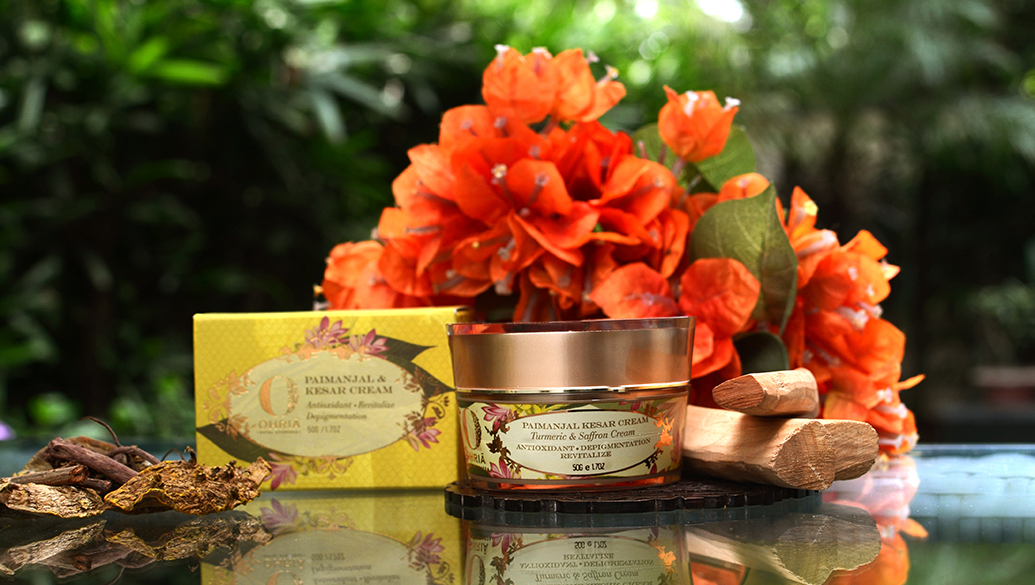
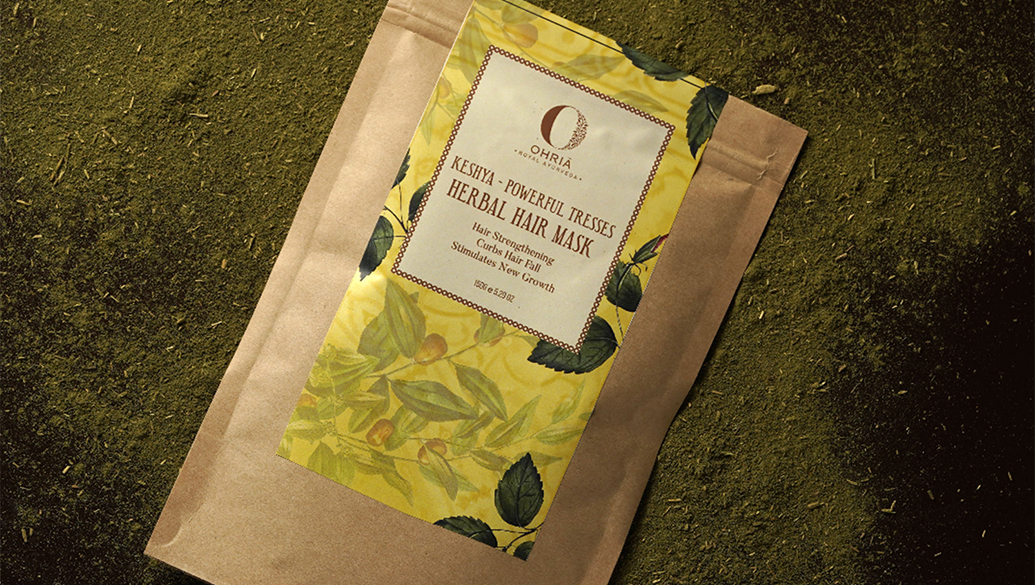
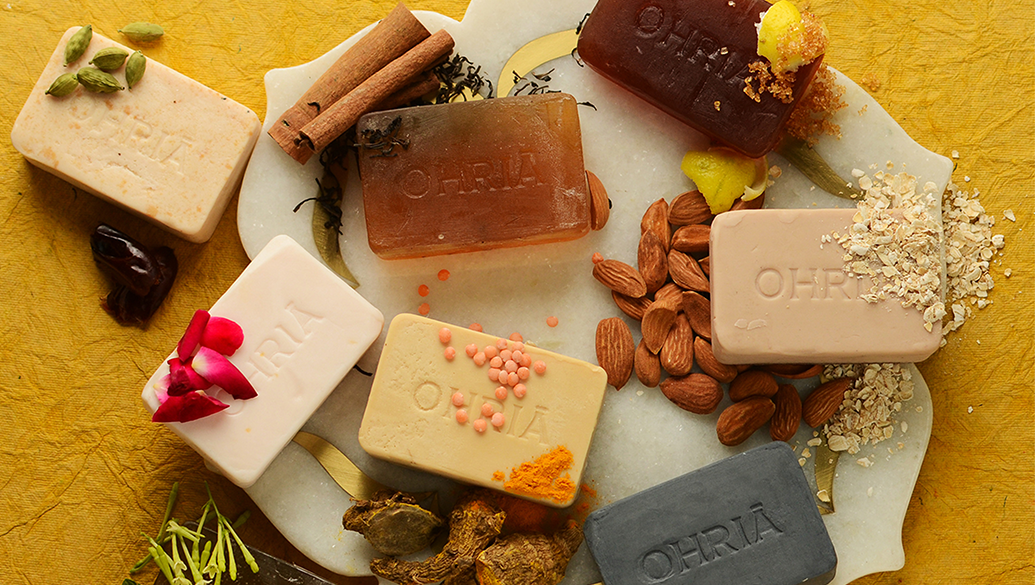
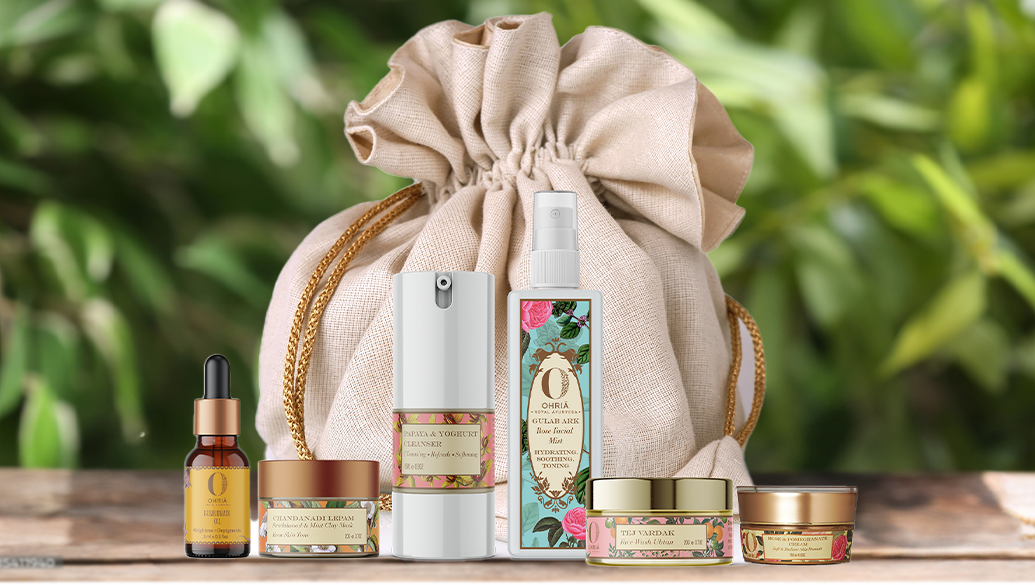
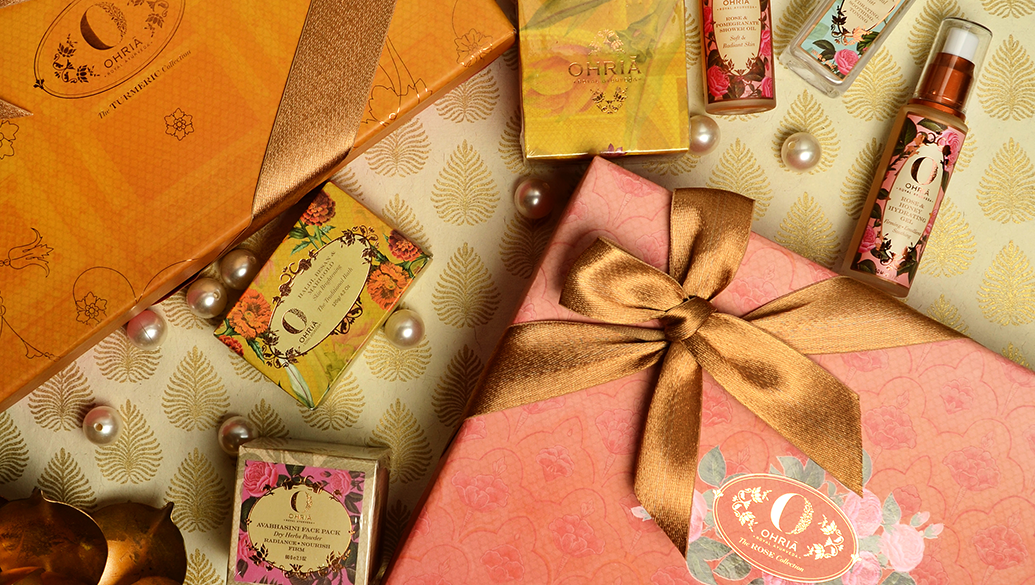
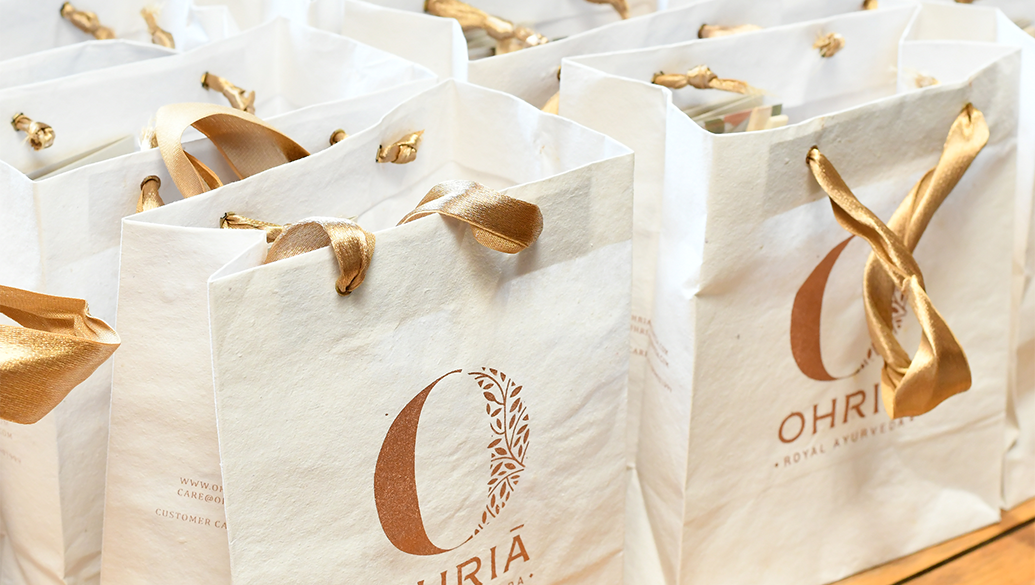

Leave a comment